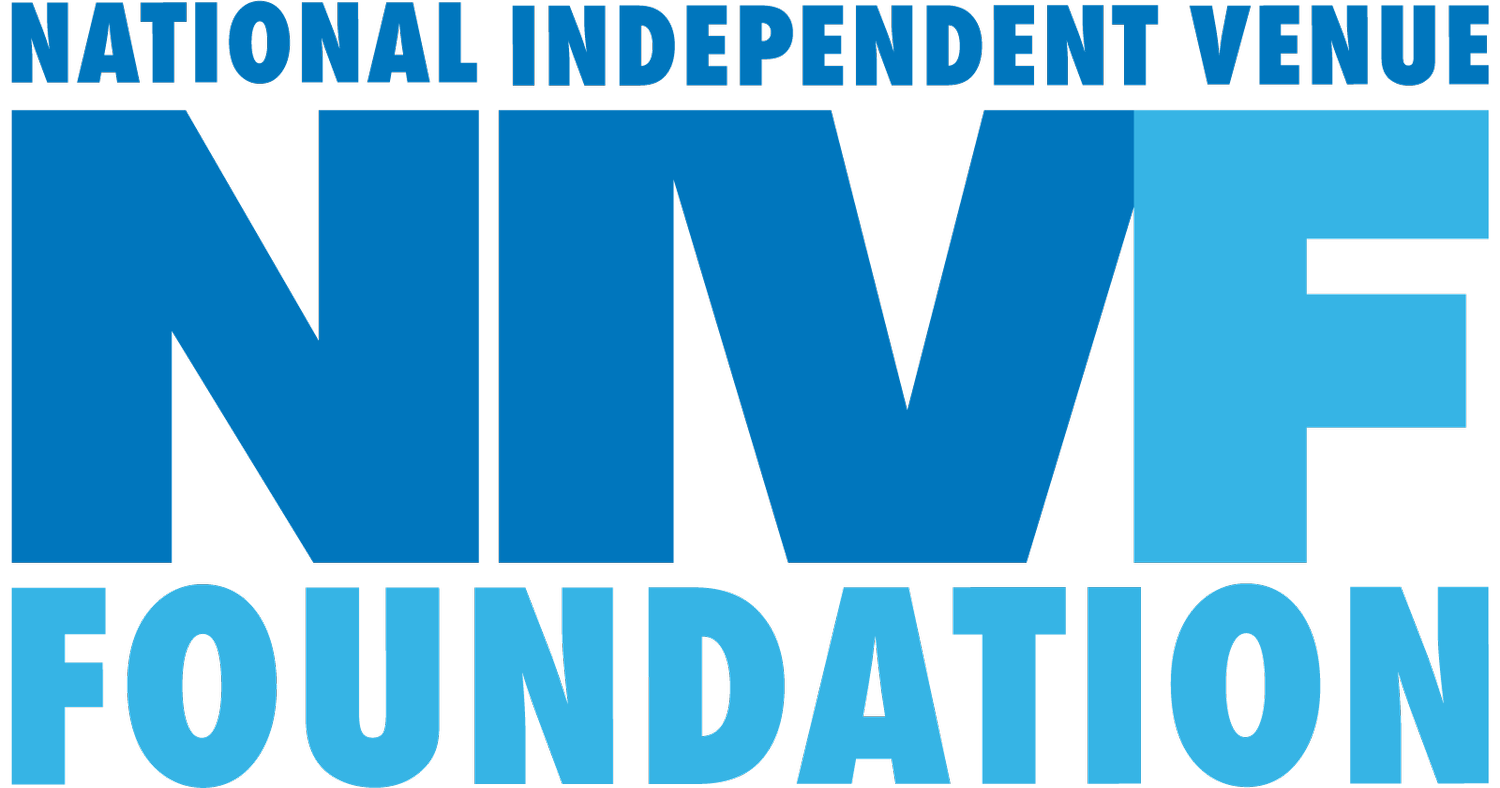Amplifying Access: Best Practices for ASL in Live Music
presented in partnership with Hands up productions
Live music should be accessible to everyone and American Sign Language (ASL) interpretation plays a vital role in making that possible. This session will equip venue operators, promoters, and staff with practical tools and strategies to successfully integrate ASL interpretation into live music events.
The session will cover:
Legal requirements – Understanding what the law requires when an interpreter is requested and how “reasonable accommodation” is defined in practice.
Hiring interpreters – Where to find qualified ASL interpreters with music-event experience, how to budget appropriately, and tips for building relationships with interpreters.
Artist coordination – Best practices for working with artists to provide set lists and lyrics in advance, including navigating situations when materials aren’t readily available.
Stage considerations – How to position interpreters on stage to balance visibility and accessibility.
Instructed by: Donna Ellis & Brian Morrison of Hands Up Productions
ADDITIONAL RESOURCES
📝 Key Takeaways
1. Legal Responsibilities (ADA Compliance)
Venues are legally required to provide effective communication when requested — and ASL interpreters are often the best solution.
No extra fees can be charged to patrons for accessibility services.
Requests should be honored even if last-minute, and it’s best to have a written accessibility policy so all staff know the processNIVF Presentation Handout.
Businesses can access federal tax incentives to help cover these costs:
Tax Credit (Section 44): 50% of eligible access expenditures up to $5,000.
Tax Deduction (Section 190): Up to $15,000 annually for removing barriers or making adaptationsADA Tax Incentives.
2. Hiring and Partnering with Interpreters
Use qualified interpreters with experience in music or performing arts.
Book early (when the show is announced) and budget interpreting costs into the show budget from the start.
Develop a preferred interpreter list and maintain relationships with local agencies, Deaf organizations, and the Registry of Interpreters for the Deaf (RID)NIVF Presentation Handout.
Pay fairly and on time, including prep and travel time.
3. Artist and Tour Coordination
Request set lists, lyrics, and show format details as early as possible.
Invite interpreters to soundcheck for preparation and placement.
Present interpreters as a value-add for inclusivity and publicity.
4. Venue & Stage Setup
Place interpreters in clear sightlines of Deaf patrons with steady front lighting and safe stage access.
Provide ear protection if needed and ensure clear communication with production staff.
Never place interpreters off to the side, in the dark, or blocked by equipment.
5. Building a Deaf-Friendly Venue Culture
Promote access in marketing (social media, websites, event pages).
Consult Deaf patrons on their preferences and experience.
Debrief with interpreters after shows to improve future events.
Build long-term trust and community relationships to establish your venue as Deaf-friendly.
💬 Staff Discussion Questions
Policy & Compliance
Do we have a written accessibility policy that includes clear steps for handling interpreter requests?
Are all staff aware of our legal obligations under the ADA and the tax incentives available to offset costs?
Budget & Logistics
How can we incorporate interpreting costs into our event budgets from the planning stage?
What budget line or process will ensure these costs are never treated as “extras” or “last-minute” add-ons?
Could we look for community sponsors?
Hiring & Partnerships
Which local interpreter agencies or Deaf organizations could we partner with to create a preferred interpreter list?
How will we vet interpreters to ensure they have experience with live music and performing arts events?
Production & Artist Coordination
What is our standard process for requesting setlists and lyrics from artists/managers in advance?
How can we build interpreter prep time and soundcheck access into our production schedules?
Venue Setup & Patron Experience

